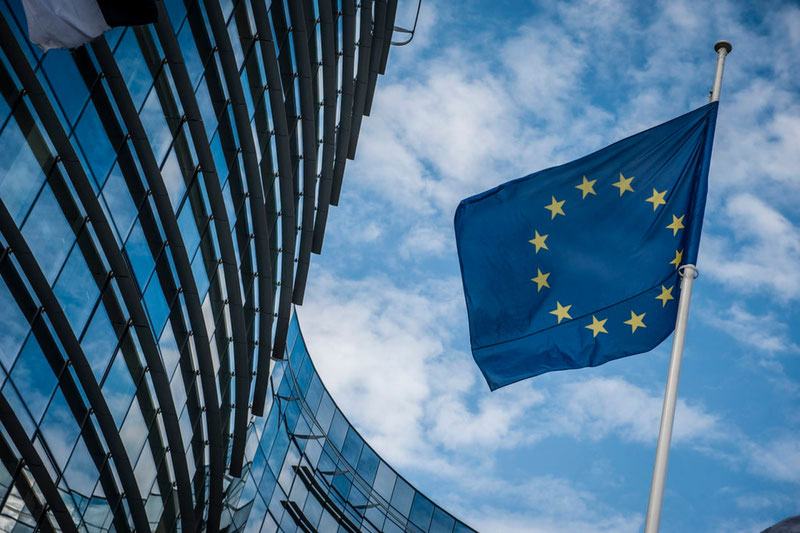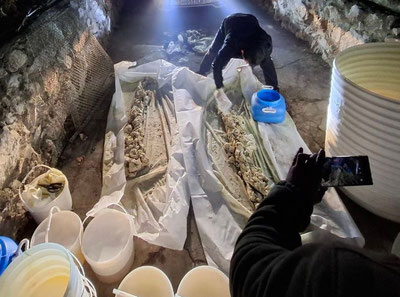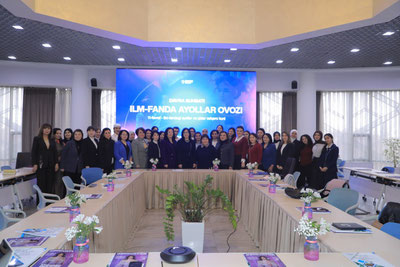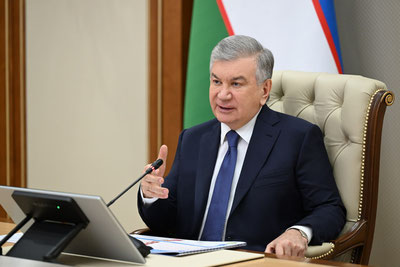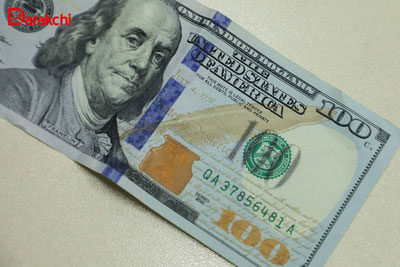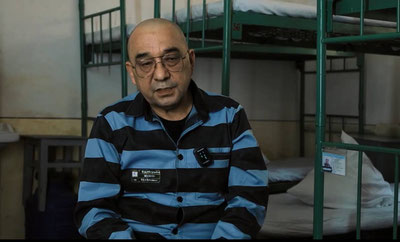The European Union announced a new package of sanctions against Russia on June 10. This was reported by CNN here.
According to the Union, Moscow's daily attacks against Ukraine show that it is not interested in peace.
The new package of sanctions targets the Kremlin's ability to earn money from oil and gas extraction. This is considered the 18th sanction since Russia began its large-scale invasion of Ukraine in 2022.
The sanctions aim to lower the price cap of Russian oil exports from $60 to $45 per barrel. Additionally, it includes a complete ban on operations with Russian banks and financial institutions in third countries.
The EU is also proposing a ban on the use of Russian energy infrastructure. Member states of the Union are advised that any direct or indirect involvement in operations related to the “Nord Stream” pipelines is prohibited.
The new package needs to be approved by the 27 countries of the European Union. It has been mentioned that governments sympathetic to the Kremlin, such as Hungary and Slovakia, could complicate the process. Although both states had previously threatened to block the sanctions, they have now voted in favor of the bans.
European Commission President Ursula von der Leyen stated that the sanctions are “necessary because force is the only language Russia understands.”
“We wish for peace for Ukraine. Despite Ukrainian President Volodymyr Zelensky's unequivocal proposal to cease fire, Russia continues to bring death and destruction to Ukraine. Russia's goal is not peace, but to establish dominance through force. Therefore, we are intensifying our pressure on Russia,” said von der Leyen.
Leaders of Germany, France, the United Kingdom, and Poland had told Russian leader Vladimir Putin in May that he had 30 days to agree to a ceasefire or face potential “severe” sanctions. Putin ignored the ultimatum, suggesting direct negotiations between Moscow and Kiev instead.
Explaining why the EU targeted Russia's energy sector, the Commission President noted that oil exports still account for a third of the Russian government's revenues, indicating the need to cut down this source of income.
The oil price cap was introduced by the European Union and G7 countries in December 2022.
